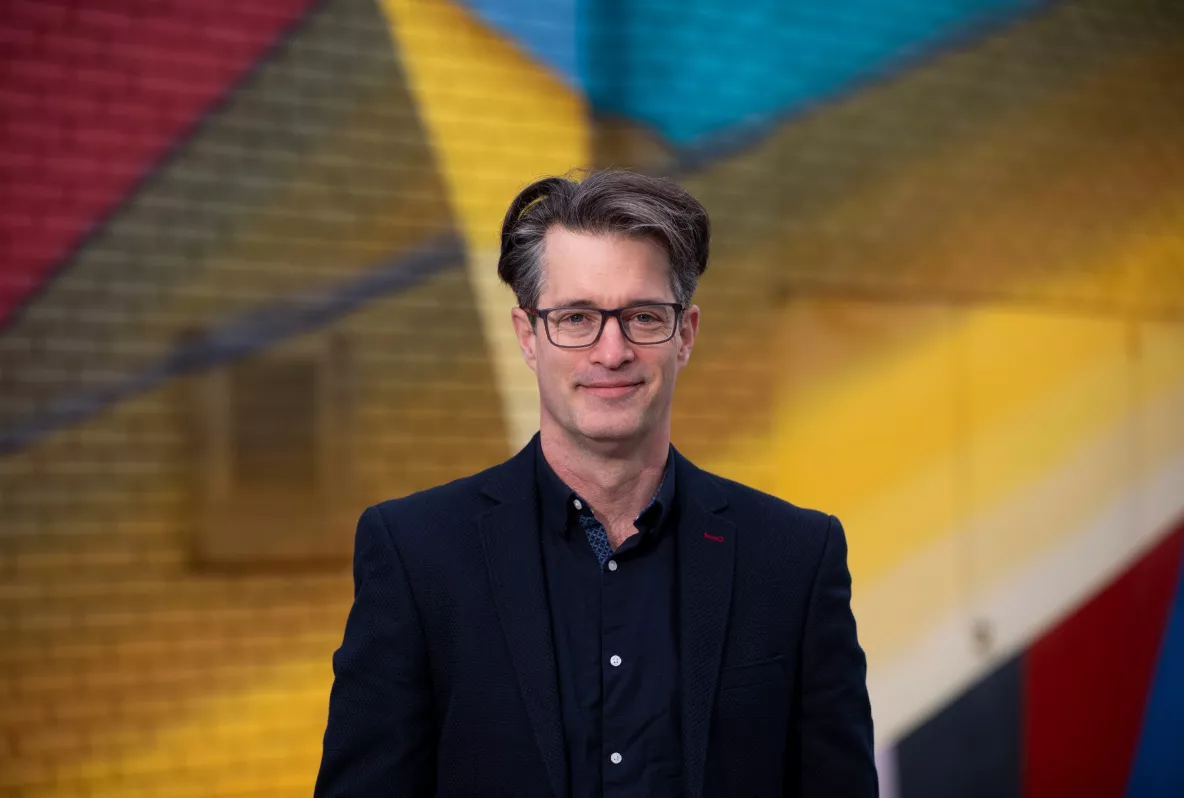
A researcher at University of Limerick has been awarded almost €2m in European Research Council funding to investigate social polarisation, it has been announced.
Professor Mike Quayle of UL’s Department of Psychology and a Funded Investigator with Lero, the Science Foundation Ireland Research Centre for Software based at UL, has been awarded an ERC Consolidator Grant for the project ID-COMPRESSION.
The project seeks to make a fundamental breakthrough in social identity, social information, and social polarisation and will fund an interdisciplinary team of experts in psychology and maths, including several postdocs and fully funded PhD studentships, over five years.
This award is one of only seven ERC grants in Ireland in 2023 and one of just two awarded in the social sciences and humanities domain.
Professor Quayle explained of the project, which is an interdisciplinary collaboration between the Department of Psychology and the Mathematics Applications Consortium for Science and Industry (MACSI) at UL: “We urgently need to understand social polarisation to tackle pressing issues like climate change, and in planning how to respond to future events like pandemics. This is especially important since technological advances like social media and AI seem to be accelerating and amplifying polarisation in ways we do not understand well.
“This ERC-funded project will explore a natural mechanism that might be the ticking heart of polarisation: social information compression. We start with the fact that society is comprised of individuals, each trying to make sense of a complex world. But where do they find their information? We know that people usually choose people like themselves to trust; and we recognize ‘our people’ by the attitudes they express.
“Since we tend to trust people much like ourselves, we are more likely to be persuaded by people who differ in a few small respects than by people with radically different perspectives. By aligning with people we already feel affinity to, and by feeling affinity with those we agree with, we create tribes of like-minded others and collectively create social information that encodes our social identities.
“How do we build cohesive societies and simultaneously reach consensus on how to deal with contentious issues? If successful, this project will deliver a model of polarisation that will help us tackle this question.
“For example, urgent action on climate change needs a large majority to be convinced that it is necessary and urgent to take action; but this consensus will be much less useful if it is concentrated in on partisan lines. By explaining how polarisation arises, and what it achieves, this model will give us new tools for addressing our most pressing social issues.”
The project builds on work already done under an ERC Starting Grant, Professor Quayle explained.
“Yes, my previous ERC grant developed a network theory of attitudes – this took the basic idea that, when two people share very similar attitudes, they are joined by a thread of affinity. We used network models to show how social groups have many threads of agreement internally; but there are much fewer threads running between groups.
“This allowed us to develop methods for visualizing how social groups coordinate their opinions, and to develop models of how opinions might spread within and between groups.
“The new grant builds on that foundation, to model how people’s attitudes collectively form an information space that encodes social identity.”
UL Vice President Research Professor Norelee Kennedy congratulated Professor Quayle and his team for being successful in receiving such a prestigious ERC grant.
“This is a really significant award from the top tier of European research funding, and I congratulate Professor Quayle and his team for their success, which builds on an earlier ERC Starting grant,” said Professor Kennedy.
“What is unique here is the interdisciplinary nature of the project which spans researchers within the Department of Psychology and MACSI and which will have far-reaching benefits across a host of areas.
“It is especially significant as understanding the social dynamics of polarisation is fundamental to being able to respond well to crises like climate change, or pandemics.
“This kind of innovative activity has been nurtured by the research ecosystem in UL where our researchers are tackling global challenges to have a positive impact on our society and our everyday lives,” Professor Kennedy added.
Asked about the potential impact of his research, Professor Quayle explained: “The ERC explicitly funds high risk research that, if successful, will have high rewards. This means that there is a realistic possibility that our hypotheses are not supported by evidence – but we have licence and resources to explore new ground, and that’s an important part of the scientific process. We might make profound discoveries or find that our existing assumptions are wrong.
“However, if our experimental and analytic work supports our theory, then we will have a much clearer understanding of how polarisation occurs and what functions it achieves. We will have some good ideas of how social media might amplify and accelerate polarisation, and some ideas for how we might build more cohesion into social systems.
“Care is needed however, since polarisation might sometimes be a good thing. Functioning democracies need parties with clear values and identities. We hope that this model will help us understand the difference between functional and pernicious polarisation.
“This research is radically interdisciplinary. Our team currently consists of social psychologists, mathematicians, statisticians, physicists, and computer scientists. I am excited by the possibilities that this kind of collaboration opens up. This new grant gives us a firm foundation to position the UL Faculty of Education and Health Sciences at the forefront of computational methods in social and behavioural science,” Professor Quayle added.